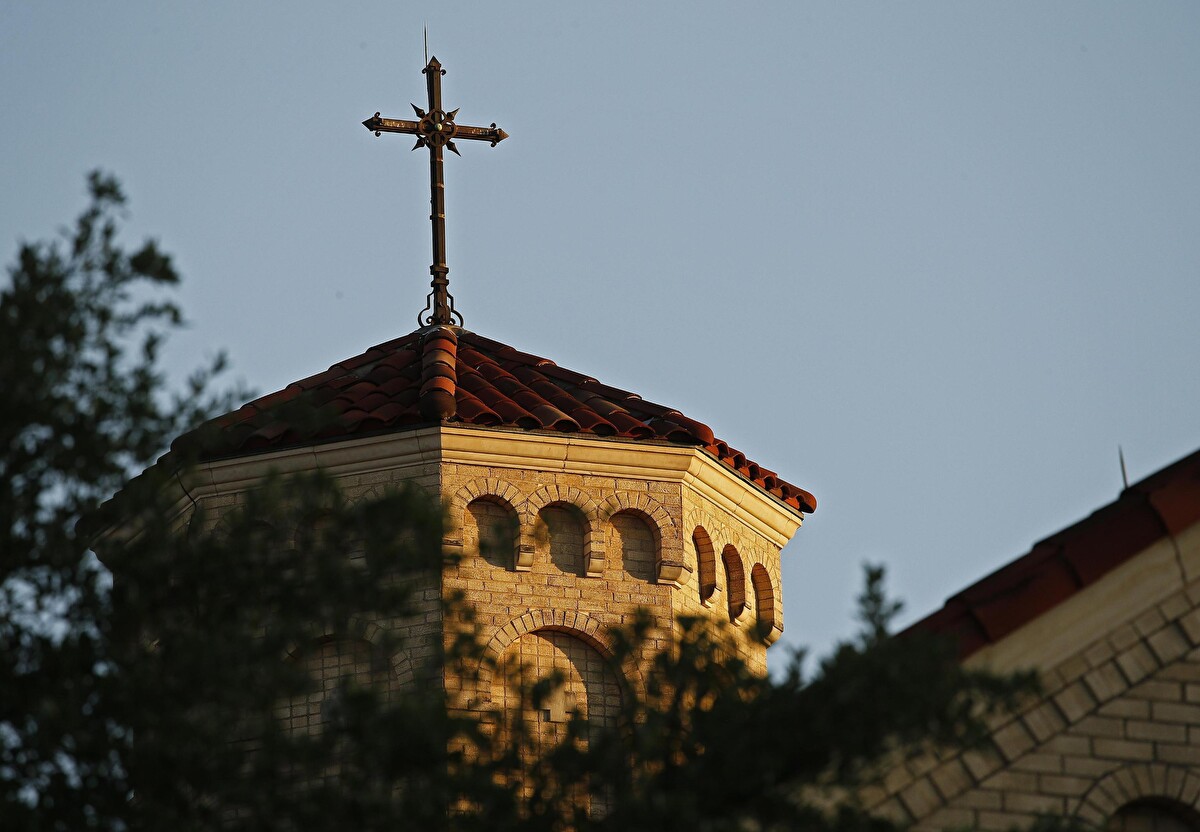New York state is about to start charging drivers a new $9 toll to enter Midtown Manhattan.
Governor Kathy Hochul has pushed forward a renewed version of the long-debated congestion pricing plan, aiming to ease traffic and reduce pollution while generating funds for New York City’s transit system.
Hochul initially halted the plan in June — just before its launch — to review its potential impact. After revising the base toll from the planned $15 down to $9, she has now greenlit the initiative as it garners support from the Biden administration.
Start Date and Zone
Starting January 5, cars entering Manhattan below 60th Street between 5 a.m. and 9 p.m. will be subject to the toll. Major highways within the district, such as the FDR Drive, West Side Highway, and Battery Park Underpass, will be exempt, provided drivers stay on the highway and avoid city streets within the toll zone.
Fee Structure
E-ZPass users in standard passenger cars will be charged $9 for daytime entry, with the rate set to rise to $12 in 2028. Different rates apply for other vehicles:
- Motorcycles: $4.50
- Small trucks and buses: $14.40
- Large trucks and tour buses: $21.60
- Taxis and black car services: $0.75 per ride
- Ride-hailing services like Uber and Lyft: $1.50 per ride
From 9 p.m. to 5 a.m., tolls drop to approximately $2.25. Non-E-ZPass drivers will receive an invoice with additional fees.
Payment Process
Payment will primarily be handled through E-ZPass transponders, with cameras detecting cars as they enter the toll area. Vehicles without E-ZPass will be billed directly through license plate recognition, incurring a higher rate.
Exemptions and Discounts
Certain groups, including low-income commuters making under $50,000 annually, will receive a discount on monthly toll charges after their first 10 trips. Exemptions also apply to emergency vehicles, public buses, and certain government vehicles.
Revenue Allocation
Funds generated from the toll are expected to support the MTA’s capital improvement projects. Plans include installing more elevators at stations, extending the Second Avenue subway, upgrading signal systems, and introducing new electric buses.
Legal and Political Challenges
Although the Biden administration backs the program, multiple lawsuits remain pending in state and federal courts, with some opponents contending the toll constitutes an excessive burden on commuters. The upcoming Trump administration has voiced strong opposition, potentially posing another hurdle in the initiative’s rollout.











